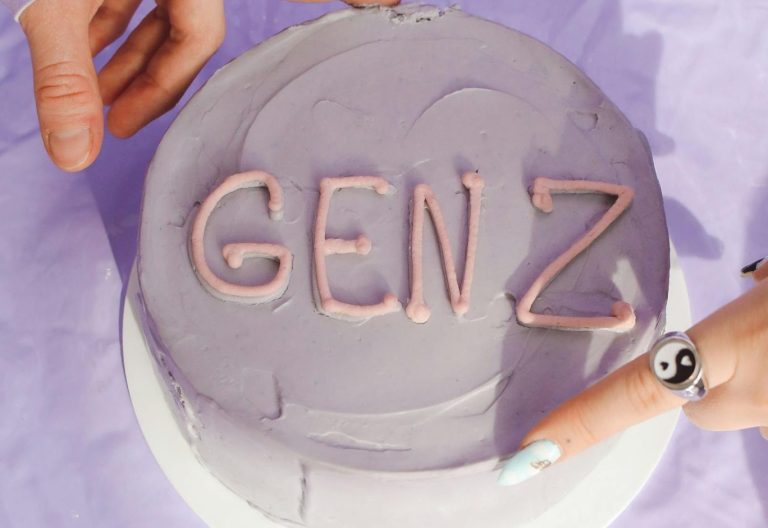Gen Zs seem to be a jaded generation that wants to change almost everything to fit their needs, interests and even moods.
They have redefined almost everything from leadership, work culture, dress code and all that.
Like it or not, some of the changes are so cool that even the previous generations try to emulate them.
But one thing that’s quite alarming is how this generation mourns the death of their loved ones. They don’t eulogise with long paragraphs of what she did or said, or post pictures and tag #RIP.
Nah, for this generation, crying and writing testimonies is no longer giving.
They mourn with dark humour. Can you imagine feeling sad about the loss of a loved one and at the same time mourning? Bonkers right?
Now picture this, someone’s father, mother, brother, sister or close friend has passed on. How do you expect them to mourn?
“My dad went to sleep and was so lazy he did not wake up. He is still asleep until today, never really feels like waking up,” says a Gen Z user on TikTok.
Fun around death
In another video, a family who had lost a loved one decided to do the “I’m not the bride, I’m the bride’s whatever” challenge.
This challenge is often done for brides where family members describe how they are related to her.
However, Wahu Mbuthia’s video takes a different turn. This time, her family does the challenge with the deceased.
“I’m not the deceased, I’m the deceased’s daughter. I’m not the deceased, I’m the deceased sister. I’m not the deceased, I’m the deceased’s daughter-in-law,” and they go on and on.
What was surprising was the part where one says, “I’m the bride,” they zoom the camera to their mother’s grave and in an imitated funny voice say, “I am the deceased!”
This time, the comment section was not flooded with loads of sorry, prayers and RIPs, but with laughter.
As much as death always causes deep sorrow, how is it that Gen Z are coping with death differently?
“Many of my Gen Z colleagues feel that their Gen X or Baby Boomer parents were ill-equipped to discuss death, their own or that of others,” states a report by Talkdeath.
According to the report, the legacy that many of the Gen Z respondents wish to have is one that ensures that even in death, there is equality and dignity.
It further denotes that humour is one of their coping mechanism since it is easier to come to terms with things they cannot control, but they can at least control the sentiment surrounding it.
Coping-up mechanism
As such, Gen Z colleagues felt that their Gen X or Baby Boomer parents were ill-equipped to discuss death, their own or that of others. Psychologist Alex Muraya says the majority of young people tend to view things from different perspectives, unlike how the older generation does.
Gen Zs tend to view reality as it is and not with tinted glasses like many people do when it comes to death.
They are mentally and emotionally aware, which makes it easier for them to open up and be less afraid to talk about taboo topics like depression, anxiety, breakups, and even death.
“The Gen Z and Gen Alpha know that death is the path for each one of us, and so they’re not afraid of it. They have instead embraced it and talk about it openly,” he says.
More notably, the advent of social media, which has made death more mainstream, has made death conversations lighter and funnier, making people feel better amidst the loss of a loved one.
Dark humour offers emotional distance from overwhelming grief; the jokes and laughter make them process loss without directly confronting their raw feelings and pain.
Through dark humour, which is deemed a form of emotional regulation, they are able to acknowledge their loss and pain without really consuming it.






